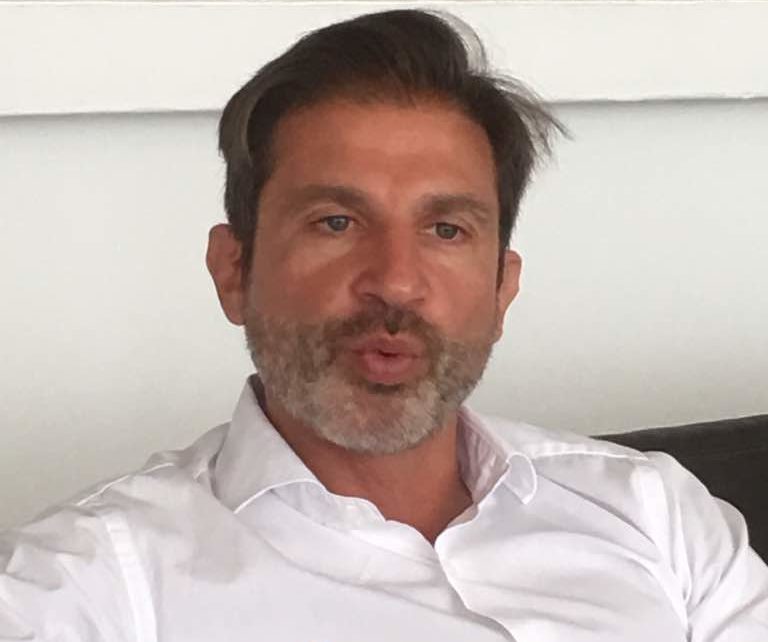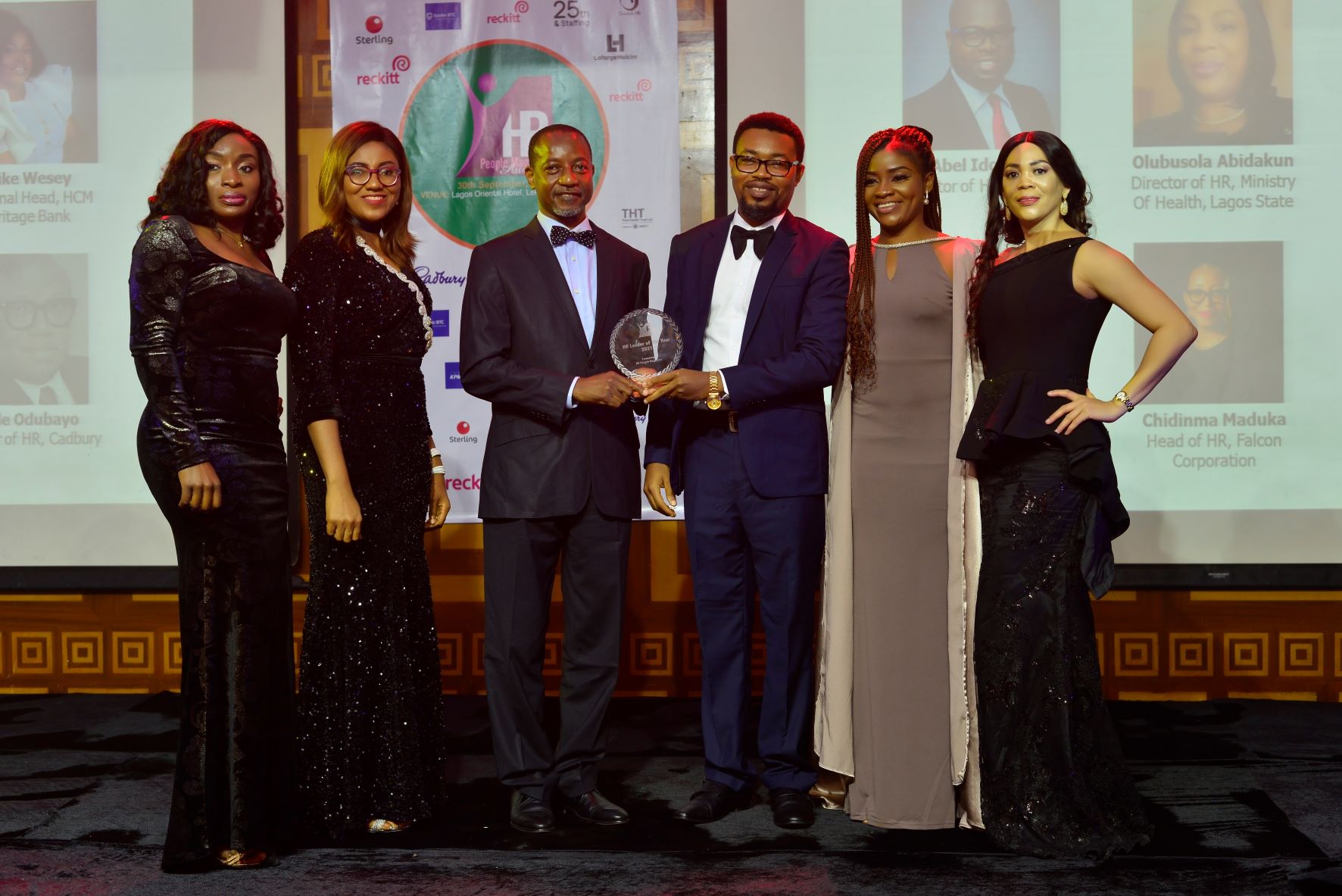Contrary to the claims of the Nigerian Ports Authority (NPA) and other federal maritime agencies that ease of doing business at ports have blossomed leading to serious drop in cost of doing business, the managing director of PTML Terminal, Ascanio Russo, has averred that nothing has actually changed.
While stressing in an interview that “The main problem I see aside from the infrastructure around the port areas is the fact that we don’t really have a well-functioning rail system, and we are now developing transportation cargoes using the waterways barges”.
“Even in our own case, we have been using barges for the past 12 years. We are pioneers in using barges to move cargoes to the port. All these infrastructural problems, I think, put the Nigerian ports at a disadvantage compared to other ports in the region, because at the end of the day, we benchmark against our competitors, which of course first is the region.
Continuing, Russo noted that “The second is the high cost of calling the Nigerian ports. I mean for a ship owner to call at the Lagos port, or Onne, or any other port in Nigeria, it is extremely expensive”.
“Well I dare to say that probably Nigerian ports are amongst the most expensive in the world. I know this may be a bit controversial, but it’s a reality. We are part of a larger logistics group which is the Grimaldi Group, and we have operations all over the world, so we know how much it costs to call at a port in Norway, U.S. in Europe, North America, or even in the Far East. The costs are definitely extremely high.
“So in a way, this puts the Nigerian ports at a disadvantage when compared to the neighbouring ports, like the ports of Lome, Cotonou, or Abidjan. This is because all these ports are developing the model of a Hub Port; they want to receive bigger and bigger ships, and from their own base they want to fill their cargoes to other ports in the region.
PTML boss averred that “Unfortunately, in Nigeria this has not been possible. Also, not only because of the infrastructural problem, and the high cost of doing business here, but also because the trade policies have been not particularly friendly to the development of additional volumes of cargoes. So in a way, I will say we are less competitive with the other ports in the region in terms of the cost of calling at the Nigerian ports.
“Of course, the advantage we are having here is that we are serving a big country and a huge economy, and as such, the volumes of cargoes that we are handling are still bigger than our neighbouring ports. But the potential of this country is much bigger than this, and we know that if you look at the volume of cargoes coming, and you compare this with the population of Nigeria or with the GDP of Nigeria, it’s extremely low.
“A country like Nigeria should import much more than we are currently importing through the ports, and the problem is that most of these cargoes go through the neighbouring ports and we know that. Ports like Cotonou for instance, is basically acting like a Nigerian port in another country, and goods find their way to Nigeria through the very porous borders between the two countries.
“Honestly, it’s a pity because at the end of the day, all these cargoes that turn up in other ports belong to Nigeria, and in the end, the federal government is losing huge amount of custom duties; it’s losing in terms of revenue. Also, the Federal Inland Waterways is losing; the masses are losing; and so the whole economy is losing not only because the ports are expensive, but also because some trade policies force importers to use other ports,” Russo argued.









